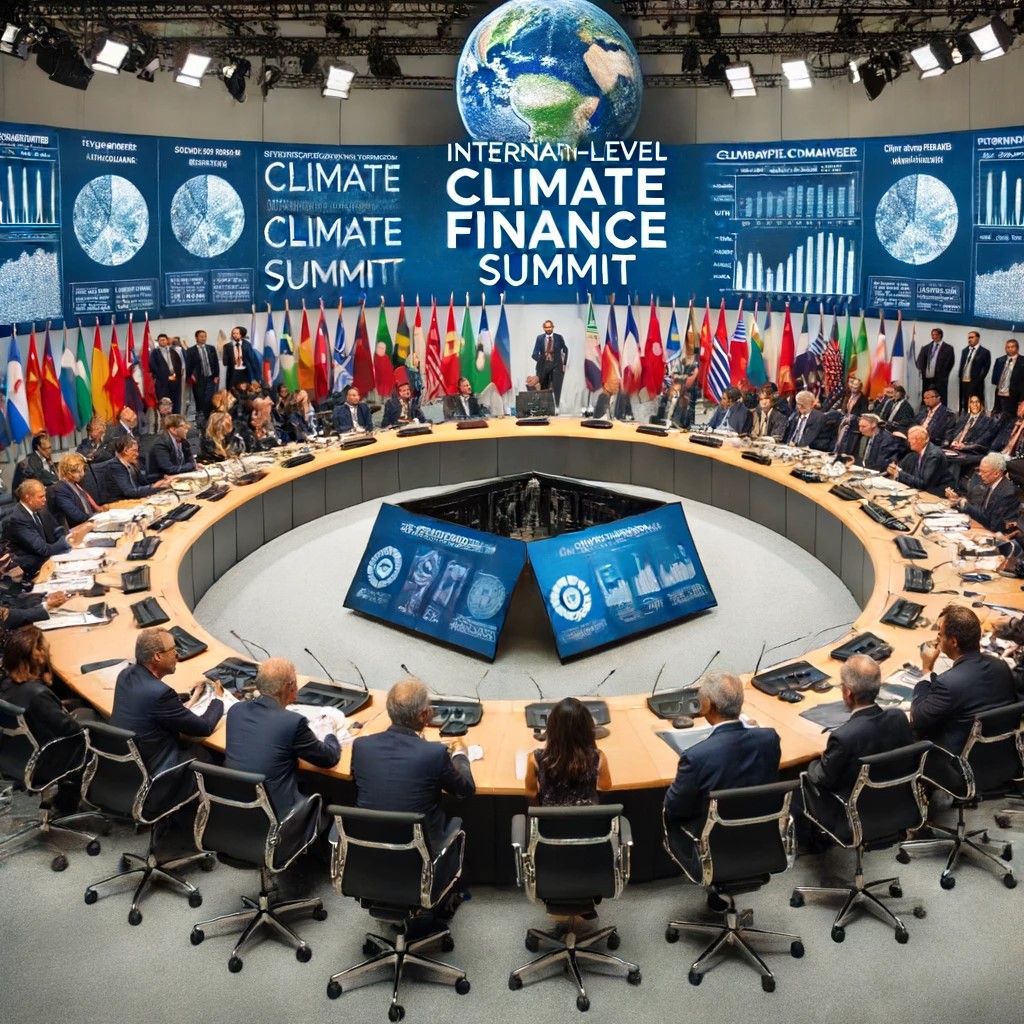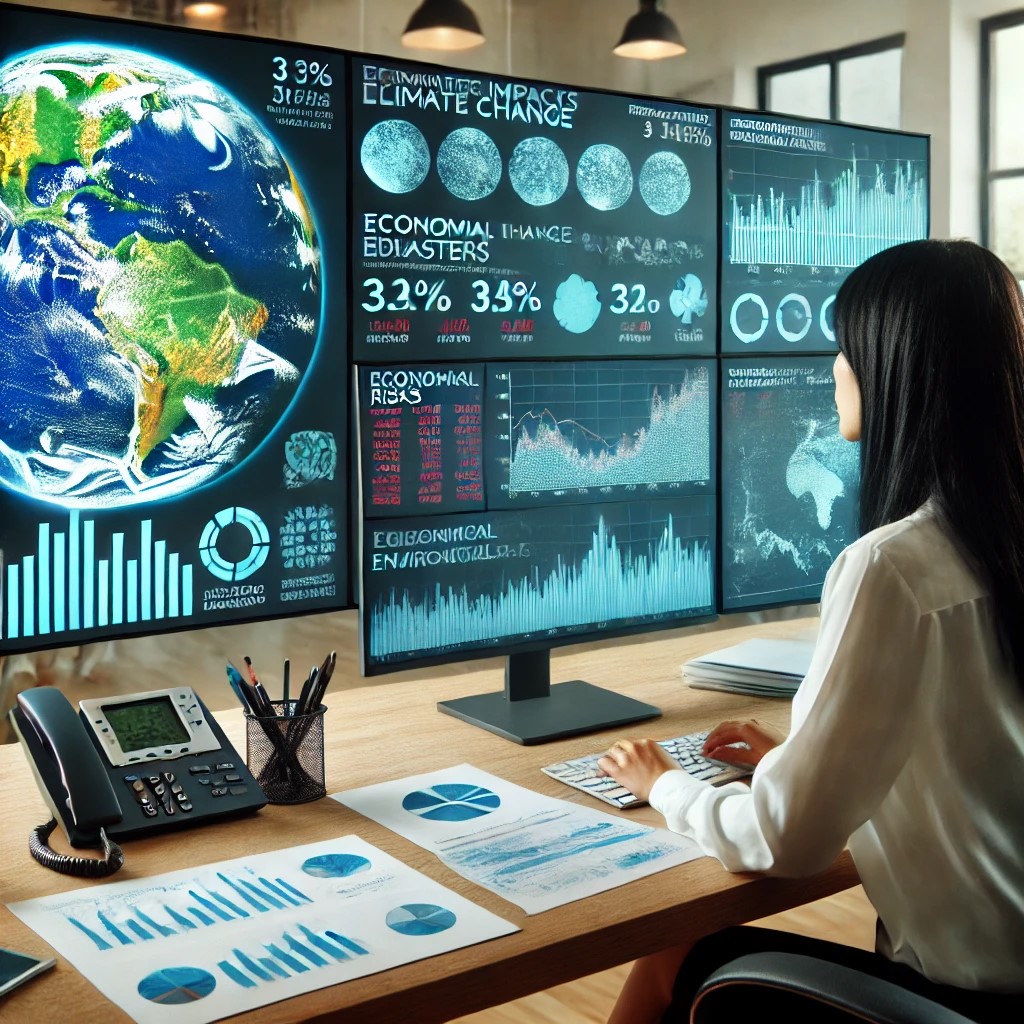Climate change is not only a pressing environmental and social issue but also a significant economic concern with far-reaching financial implications. As global temperatures rise, so do the costs associated with mitigating and adapting to these changes. This article explores the economic aspects of climate change, its impact on global financial systems, and the evolving trends and future predictions in this critical area.

Economic Impacts of Climate Change
1. Agricultural Disruption:
Climate change affects agricultural productivity through changes in rainfall patterns, severe weather events, and shifting temperatures. This disruption can lead to decreased crop yields, higher food prices, and increased food insecurity, impacting economies globally, especially those heavily dependent on agriculture.
2. Health-Related Costs:
Rising temperatures and changing weather patterns also exacerbate health problems, leading to higher healthcare costs. Heatwaves can increase the incidence of heat-related illnesses, while changes in climate may expand the range of infectious diseases.

Financial Implications for Businesses and Economies
1. Transition to a Low-Carbon Economy:
As the world moves towards a low-carbon economy, industries reliant on fossil fuels face significant challenges and financial risks. Energy companies, for instance, must navigate the transition by investing in renewable energy sources, which involves substantial capital expenditure and financial risk.
2. Stranded Assets:
Assets like coal mines and oil reserves may become stranded and lose their value as regulations tighten and renewable energy becomes more cost-effective. This shift poses substantial risks to investors and companies holding these assets.
3. Insurance and Liability:
The insurance industry faces increasing risks as the frequency and severity of climate-related disasters grow. Premiums may rise, and some regions might become uninsurable, shifting the financial burden to homeowners, businesses, and governments.

Regulatory and Policy Implications
1. Carbon Pricing:
One of the key financial instruments used to combat climate change is carbon pricing, which includes carbon taxes and cap-and-trade systems. These mechanisms internalize the cost of carbon emissions and encourage polluters to reduce their emissions, leading to significant economic and environmental benefits.
2. Disclosure and Reporting Requirements:
Financial regulators are increasingly focusing on climate-related risks in their disclosure and reporting requirements. For example, the Task Force on Climate-related Financial Disclosures (TCFD) provides a framework for companies to disclose climate-related financial information, helping investors understand material risks.
Future Predictions
1. Increased Investment in Green Technologies:
Future trends suggest a surge in investments in renewable energy, energy efficiency, and other green technologies. This shift will drive economic growth in new industries while mitigating financial risks associated with climate change.
2. Innovative Financial Instruments:
New financial products, such as green bonds and climate risk insurance, are expected to become more prevalent. These instruments will help fund climate resilience projects and transfer risks to those better equipped to manage them.
Conclusion
The economics of climate change encompass both challenges and opportunities. By understanding the financial implications and preparing adequately, businesses, investors, and policymakers can mitigate risks and capitalize on new opportunities presented by the transition to a sustainable economy.





